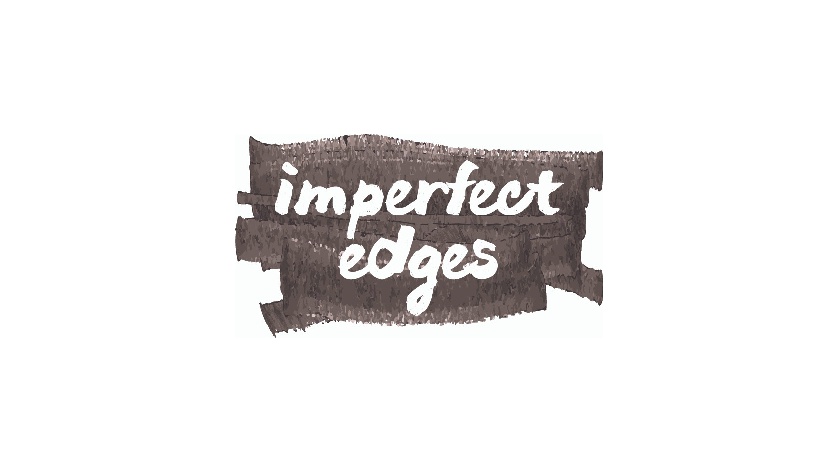I saw a post yesterday encouraging liberals to drink bleach. It was, no doubt, a response to multiple other posts encouraging conservatives to inject themselves with Lysol. I understand the context and the events leading up to those specific posts. I understand satire and sarcasm. AND I think this behavior — whether it was creating memes like this, sharing them, or liking them — is 100% not useful and very harmful to We the People.
These days I find myself moderately left on the political spectrum. That does not mean I will defend any and all leftist views, no matter what. That does not mean that anyone to the right of me is my enemy. That means, based on my 35 years experience of life as a white female in the state of Wyoming with the parents, education, social networks, interests, money, and opportunities I have had, this is how I see the world. And that’s. it. I don’t get to tell anyone else how to see the world. I am an authority on my life and no one else’s. And that’s what we seem to have forgotten.
Those people on the other “side” of the spectrum from you (the ones you joke about injecting with Lysol)… Don’t you think they love their children and want the best for them? Don’t you think they, too, are struggling to find their sense of right and wrong? That they worry about the security of their job and where their next paycheck is coming from? That they hold their sweetheart at night and dare to dream about their future? That they love the outdoors and respect nature? That they have moments of major fear and doubt about the government and those “in charge” of us all? Remembering these things — the things we all share — is how we win.
I know people with completely opposite views than I who would give me the shirt off their back if I needed it. They are fun, funny, intelligent, good-hearted people who I am proud to know. I hope they would feel the same about me, our political views aside.
So what is the solution? Never talk politics? No. Talking politics is important. Finding consensus is necessary. It is how we will heal. BUT we need to change the way we talk politics, or we will be too guarded and defensive to ever find a consensus. We should still feel fired up about what’s meaningful to us. But there is a difference between heated and hateful. There is a difference between passionate and nasty.
We don’t need to agree on everything. In fact we shouldn’t. BUT, can we share our views without being rude? Can we listen to someone else’s views without assuming they’re ignorant? Can we, even for a moment, curiously entertain the thought that someone else may know better than us what could be a better agenda? Can we simply move on with our lives with no response when we see a meme/post/article designed to trigger us? (Yes, designed by companies who are paid to do just that. Can we recognize that as fire starting material and ignore it?)
Those are big asks, I’m aware. I know what it feels like to be scrolling and see something so misinterpreted/misconstrued/or downright made up that it turns my face red and elevates my heart rate and gets me yelling and cussing at the ceiling. (I’m sure it’s entertaining for my boyfriend.)
I would love for us to recognize that Americans are stuck in a vicious cycle right now:
Get mad >> Find “evidence” to back up our opinion >> Rant and rave >> Get triggered by responses >> Get more mad and more evidence to make ourselves right >>>>>>>>>
This happens on both sides, to all parties, no matter who you are. We’re forgetting that while we’re all busy arguing and fighting, the actual decision-makers sit on their hill doing what they please. As it is right now, we’ve been successfully divided and conquered, our voice diminished. And we feel it. No wonder all this frustration is bubbling out of us constantly. My belief is it’s misguided. Let’s be frustrated with a system that is not working. Let’s be frustrated with how hard it is to be heard. Let’s be frustrated with how badly we have been sucking at loving our multi-opinionated neighbors. THAT frustration could be useful.
I want to believe that we are capable of rising above and having mature, empathetic conversations that will actually move us forward. But it starts with quitting the addiction to bickering and quitting the addiction to being right. (I’m saying this to myself as much as to anyone else out there.)
I hope we can do it friends. We all have to share this big planet, so I think it would behoove us to find a better way to resolve our differences. Let’s discuss. 💜
P.S. This may or may not be relevant information, but I was half a beer in when I started writing this post and just completed both. Cheers.
